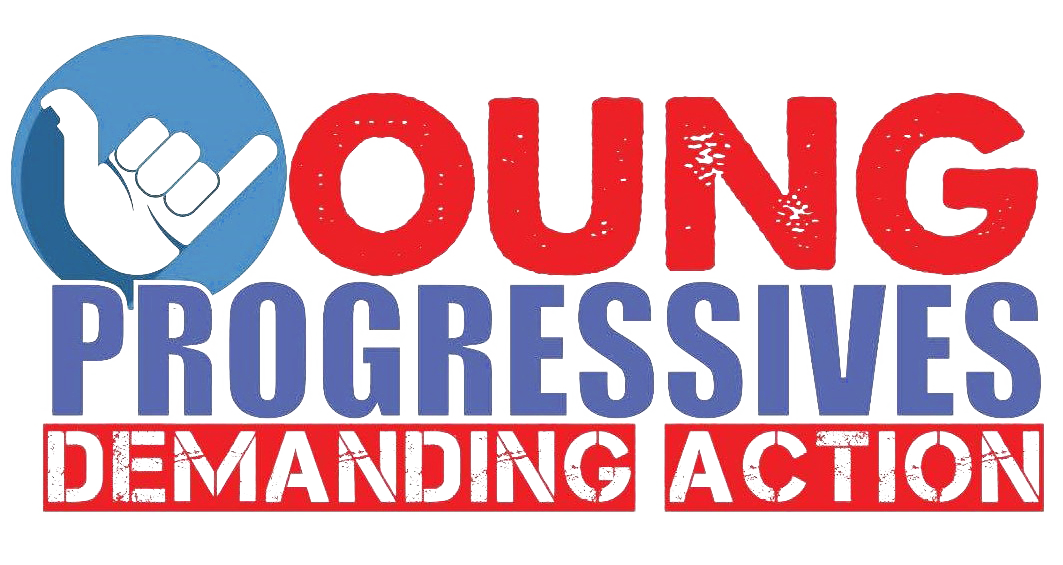Public Banking
TAKE ACTION
Send your state representative and senator a quick email asking them to support the concept of public banking.
Locate your representative and senator here.
Use the information below if you need talking points. Remember, you don’t need to be an “expert” to share your manaʻo and make a difference.
Sample Message
Dear [legislator],
I am writing in support of public banking in Hawaiʻi.
Establishing a state-owned bank is in the public’s best interest. The establishment of such a bank has been proven to be an effective tool in supporting a wide variety of economic matters. The Bank of North Dakota helped that state weather the 2008 crisis and, in the current COVID crisis, was a key partner in securing more PPP loans per capita for North Dakotan businesses than any other state.
Germany’s state-owned public banking sector has been a bulwark of that country’s renewable energy industry, driving the adoption of locally owned power generation by communities large and small throughout that country.
And in a time where the state is facing an unprecedented budget crisis, I cannot but notice that the Bank of North Dakota has returned millions annually to support the state’s budget. It’s bank also aids agencies and municipalities throughout the state through savings on debt servicing, allowing many projects to bypass the need for a bond issue.
A public bank of Hawaiʻi has the potential to serve as a valuable partner in the pursuit of the public good. I sincerely hope that you will pass this measure to study how we could best implement such an institution here.
Regards,
[your name here]
WHAT IS IT?
Public banks are banks owned by and held responsible to the public. They serve as the depository of state and municipal funds and pursue lending projects oriented toward the publics interest.
Why does it matter?
Love may make the world go round, but we still need money to get affordable homes built, support local businesses and farms, and to decarbonize our economy. Public banks make all of that easier by making sure credit goes to the things kamaʻaina need and want, not to what the Wall Street bankers think will increase short-term profitability.
Public banks also help governments manage their own debts by reducing reliance on an expensive and inefficient bond market. Instead of bonds, projects like road renovations and parks can be funded through loans—at a much lower interest rate.
Depending on the terms, bonds can double the cost of the project they support. That’s a frightening fact. Here’s a frightening stat, last year Hawaiʻi paid out over $1 billion dollars to service the debt. A public bank could drastically reduce that number giving us more money to spend on what matters. And best of all, the interest we do pay doesn’t leave Hawaiʻi and go to already wealthy continental investors. It stays here and is reinvested in the community.
If it’s such a good idea, why have I never heard of it?
Public banks are used throughout the world, even in the U.S. The Bank of North Dakota (BND) is a publicly owned bank that has been in operation since 1919. It’s widely credited with reducing the impact of the 2008 recession in that state and, since the COVID pandemic, the BND was able to get more PPP loans per capita into their state than any other state. Having a public financial advocate really does matter.
And in Germany, public banking is responsible in part for setting the economic policy that drove that country’s “miracle on the Rhine,” and is largely responsible now for the impressive pace at which the country has decarbonized its grid and kept profits and jobs within the communities that host renewable energy.

